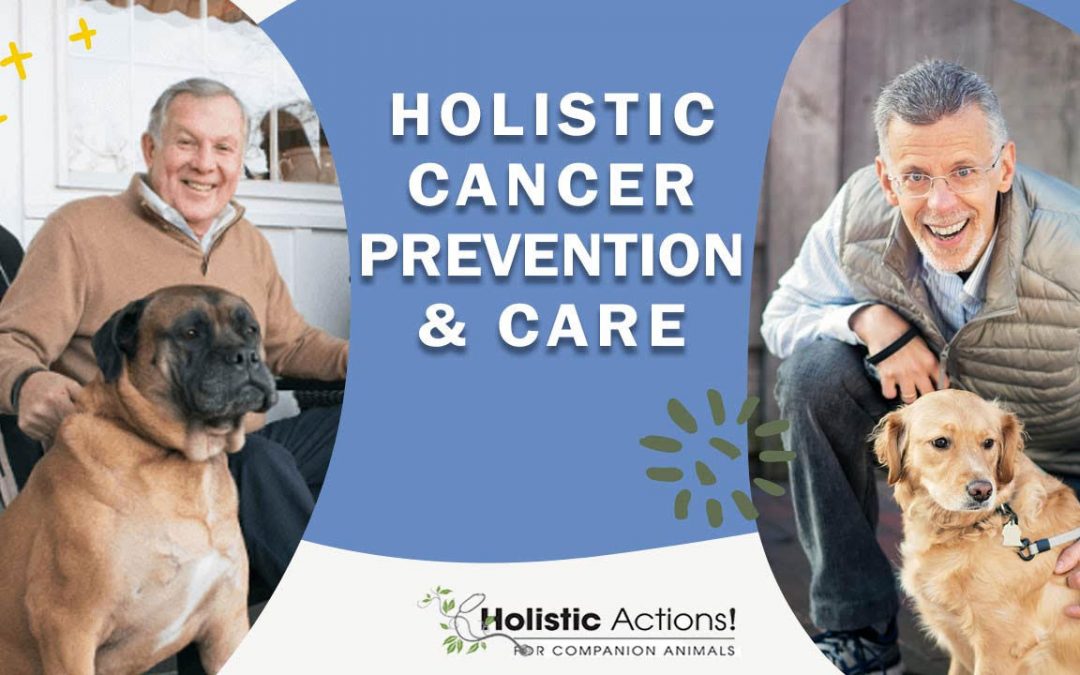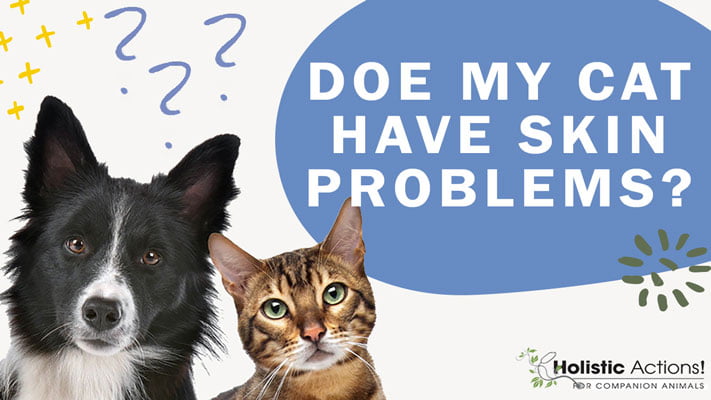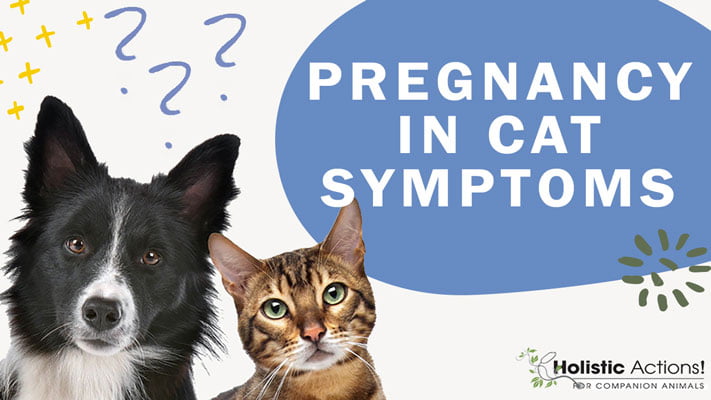
Holistic Cancer Prevention With Dr. Bob Goldstein
On December 13th, Dr. Bob Goldstein joined Holistic Actions! to discuss holistic cancer prevention and care.
During this webinar we dove into the best ways to live a clean life so that cancer risks are minimal. Dr. Bob also shared the ways to help keep pets closer to nature to stay healthier. This includes his program of feeding varied fresh and vital foods and avoiding environmental toxins like flea and tick chemicals. Dr. Bob’s cancer prevention and management program begins and ends with embracing and loving your pet and seeing them as Earth’s Animals.
Dr. Bob Goldstein is the Veterinary Director at the Healing Center for Animals, in Westport, Connecticut, editor of Integrating Complementary Medicine into Veterinary Practice and co-founder of Earth Animal. Pioneer in the field of holistic and integrative veterinary medicine — he made it his life’s purpose to improve the well-being of all animals and their pet parents. That’s why Earth Animal family works together to grow, celebrate, nurture, and sustain the symbiotic, respectful relationship between humans, animals, and the Earth.
Enjoy the webinar!
- 00:00 Introduction
- 04:40 History of Holistic/Alternative medicine
- 07:20 Inflammation – common denominator
- 07:20 Underlying cancer causes
- 10:20 Immune System
- 15:38 What can pet parents do
- 26:15 Vaccinate with wisdom
- 27:00 Chronic use of medications
- 28:30 Strengthen immune system
- 29:05 Finding an Integrative Oncologist
- 31:15 Treatment options
- 34:00 Emotional support
- 34:50 Rethinking cancer deaths
- 38:10 Case Reports
- 43:10 Q & A



